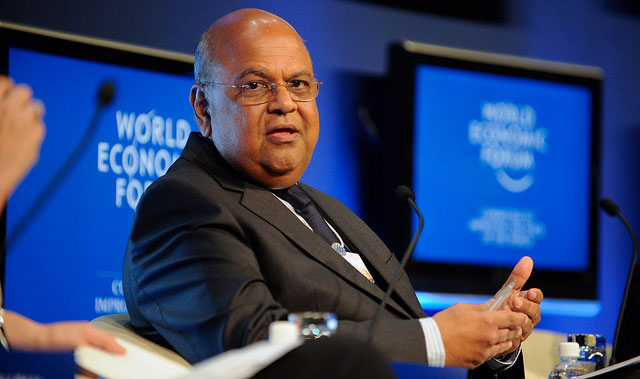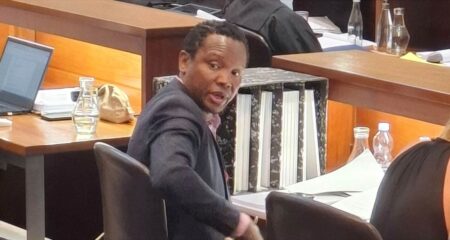
It looks likely that Internet users will have to tighten their belts from next year. Finance minister Pravin Gordhan has raised the idea of introducing a tax on broadband use from 2014. The minister has suggested that a rate of 50c/MB should apply, with a built-in escalation in the rate in subsequent tax years.
The proposal would mean that a mobile user who consumes on average 500MB of data per month can expect to pay an additional amount of R250/month for access to the Internet. For example, Vodacom’s “broadband standard” bundle of 500MB, which currently costs R149/month, would rise to R399 under Gordhan’s proposal.
Good news for heavy users of the Internet, however, is that the minister has mooted a sliding scale for the new broadband tax. If consumers use between 1GB/month and 5GB/month, they’ll pay 35c/MB for every megabyte above 1GB. For those using more than 5GB, the rate falls to 25c/MB for every megabyte above 5GB.
“In the current tight economic conditions, where the South African Revenue Service is struggling to meet its targets for revenue collection, we have to find ways of making up for the shortfall,” Gordhan says in a statement.
The move comes just weeks after the minister announced in his budget speech in parliament that government intended imposing Vat on the online purchase of digital goods such as music, e-books and computer games.
“It is proposed that foreign businesses that sell e-books, music and other digital goods and services should be required to register as Vat vendors in line with regulations which have been adopted by the European Union and other jurisdictions,” Gordhan said in the budget speech.
The move provoked criticism from tax experts, who said it would be difficult to monitor such downloads, pointing to the fact that many South African consumers already get content from the US or European versions of services such as Spotify and Apple’s iTunes Store.
Internet service providers (ISPs) have reacted angrily to the proposed broadband tax, saying that the cost of fixed-line services already makes it difficult to attract new customers.
“Consumers are going to expect ISPs to absorb the effects of this new tax,” says Internet Solutions MD Saki Missaikos. “Given how slim the margins are already in providing broadband services to consumers, this is crazy. Consumers are going to feel the pinch the most.”
Missaikos says the move is also likely to have an impact on government’s goal of providing universal access to broadband by 2020. “This is an extremely price-sensitive market. You can’t double or treble prices and still expect greater uptake from consumers.”
Afrihost CEO Gian Visser says government has failed to undertake any consultation with key industry players or consumer bodies around the proposed tax and expects strong opposition. “Internet access should be a right, but now government is making it even more of a privilege.”
A spokesman for national treasury was not immediately able to say how the proposed tax, which would be measured on a per-megabyte basis, would apply to those with uncapped Internet accounts. He suggested a flat tax levy of between R500/month and R1 000/month on uncapped broadband accounts could make sense.
The Internet Service Providers’ Association, meanwhile, has expressed “amazement and disappointment” at the plans. When reached for comment early on Monday, the industry body’s regulatory adviser, Dominic Cull, asked: “Is this some sort of joke?” — (c) 2013 NewsCentral Media
- This was TechCentral’s April Fool’s Day article for 1 April 2013. Were you caught out?




